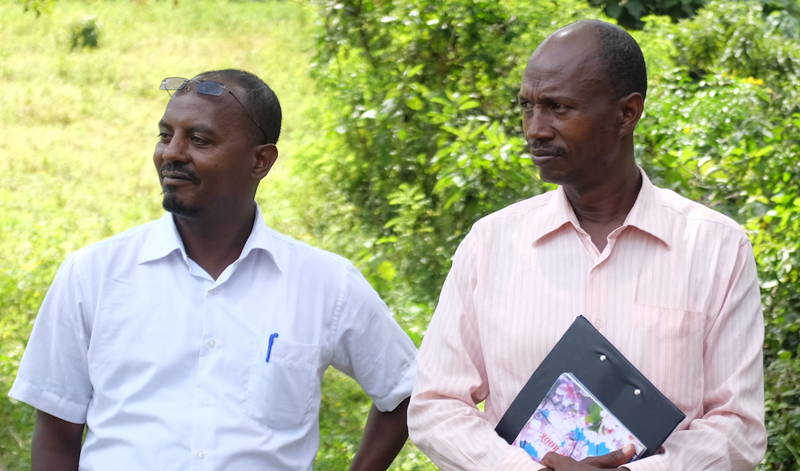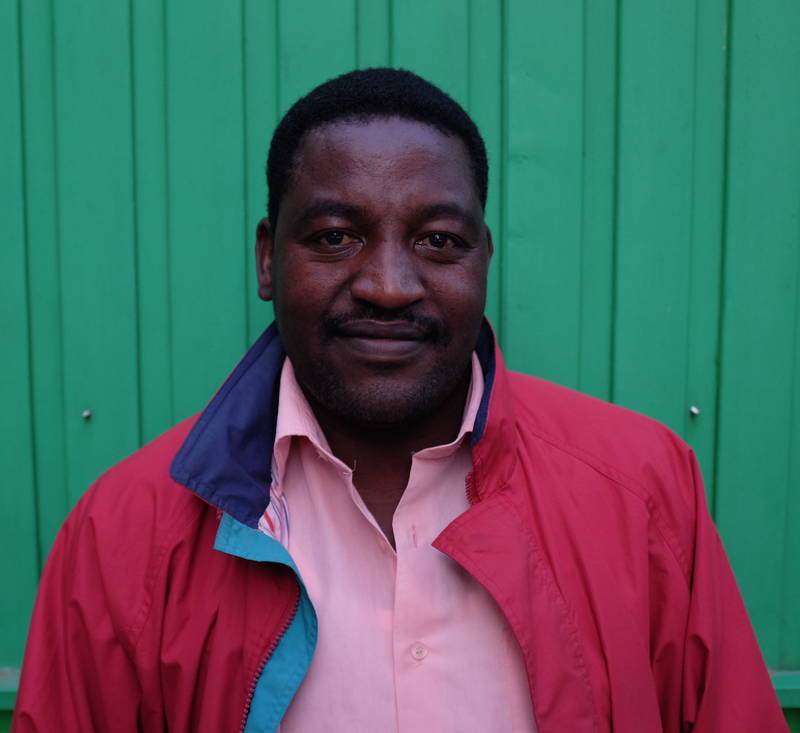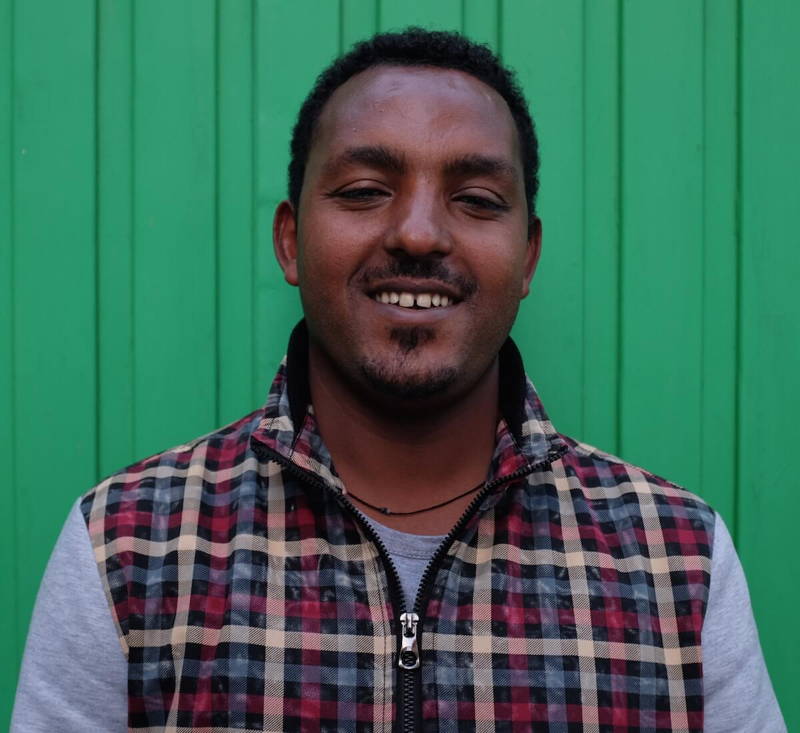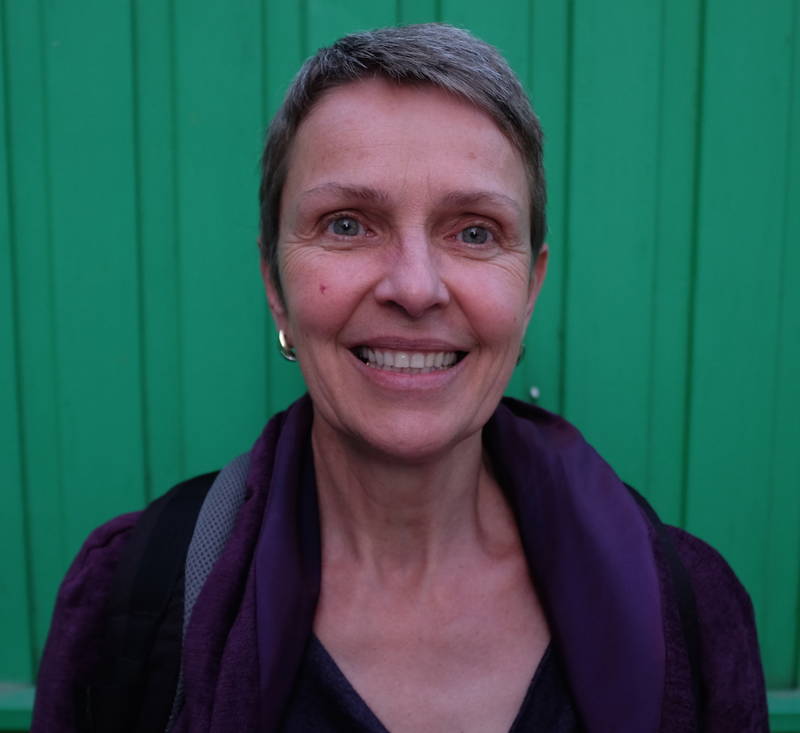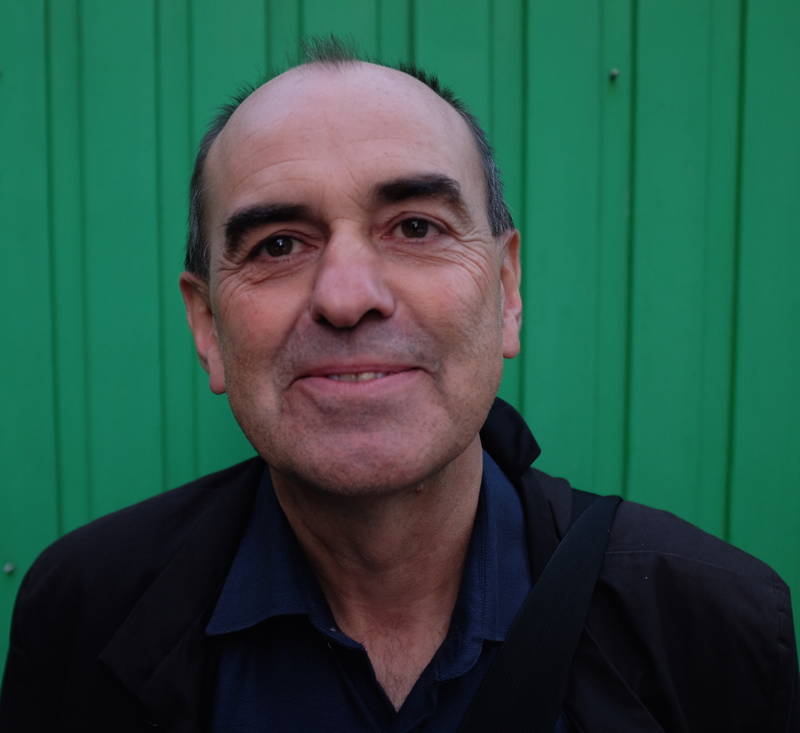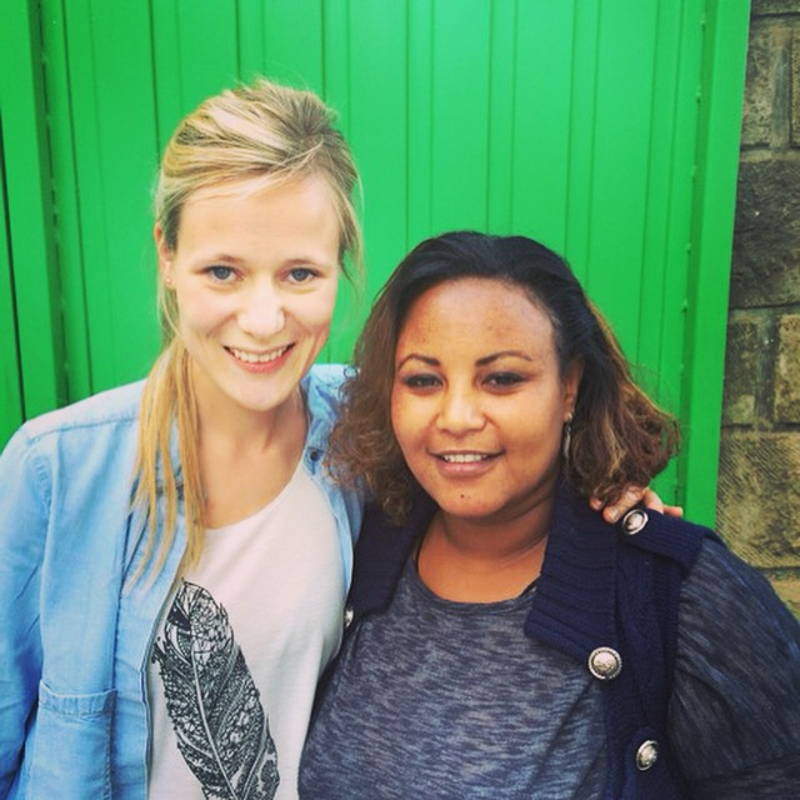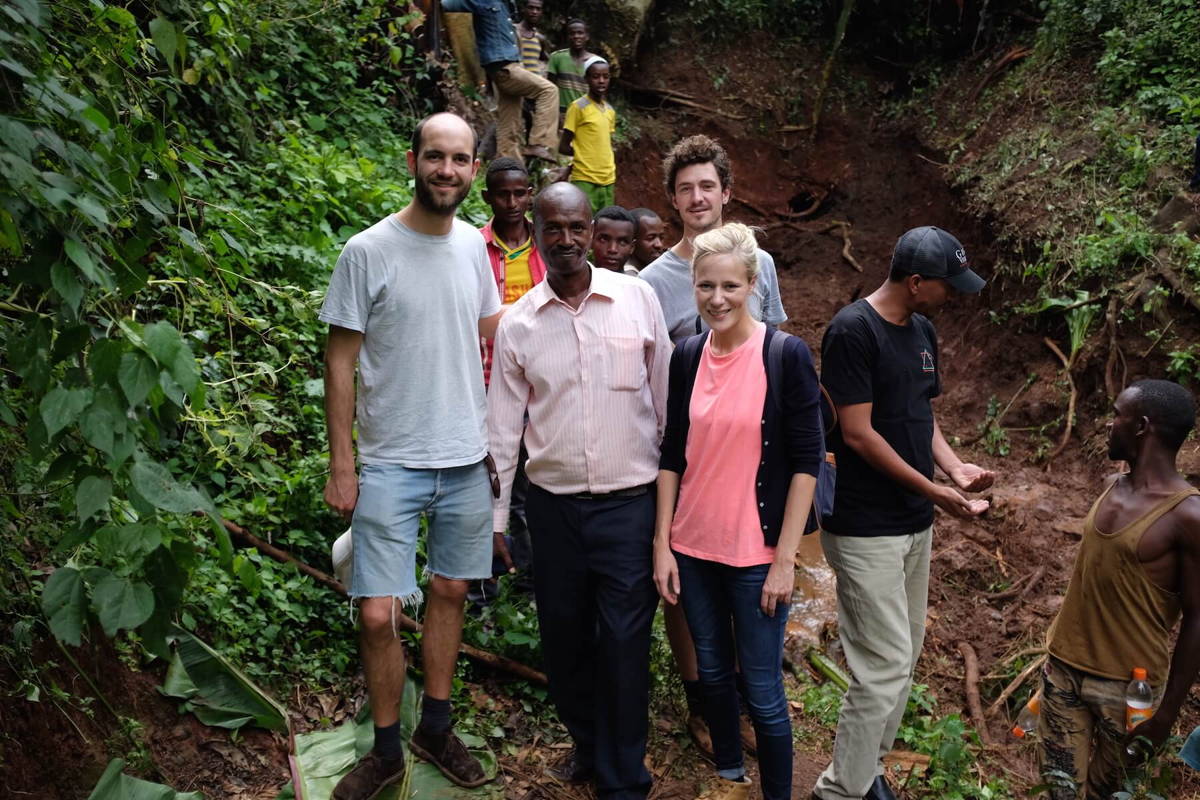
At the beginning of December I was in Ethiopia with Martin, Hannes and Anna. Besides visiting the coffee harvest and our friends and team members on site, we also visited the progress of the current drinking water project in Jimma.
Securing the Homecha spring with the Jimma team has begun
With 1 € per kilogram of coffee sold, you support our projects in Ethiopia, which we implement together with the local people in order to improve the living conditions there. Since last year we focus on WaSH and drinking water projects in the coffee regions in the Limu region.
Since the end of November we have started to secure the Homecha spring. Through this spring and your help alone, about 8,000 people can be supplied with clean drinking water. The spring is located about 20 minutes walking distance from the cooperative Doyo Bikila and can be reached via forest and meadow paths. Also the one or other river crosses the way, so that the access without sturdy shoes is not possible without further ado.
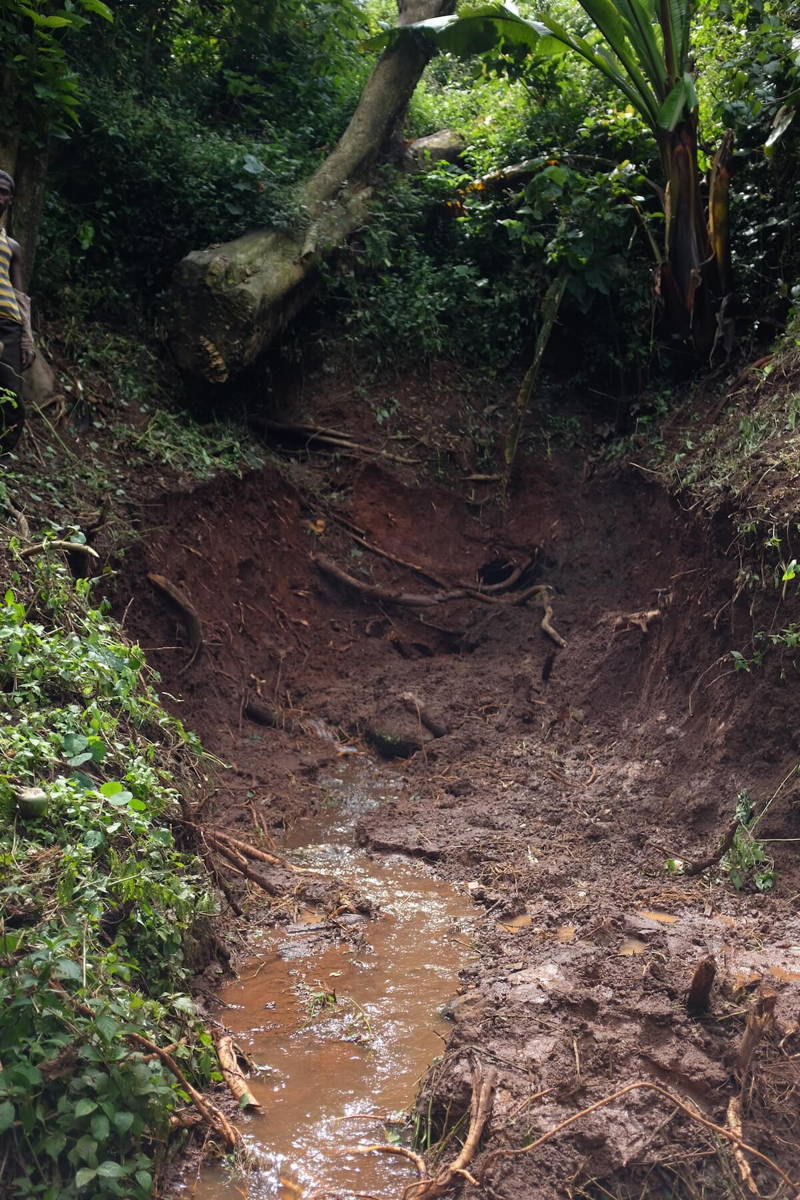
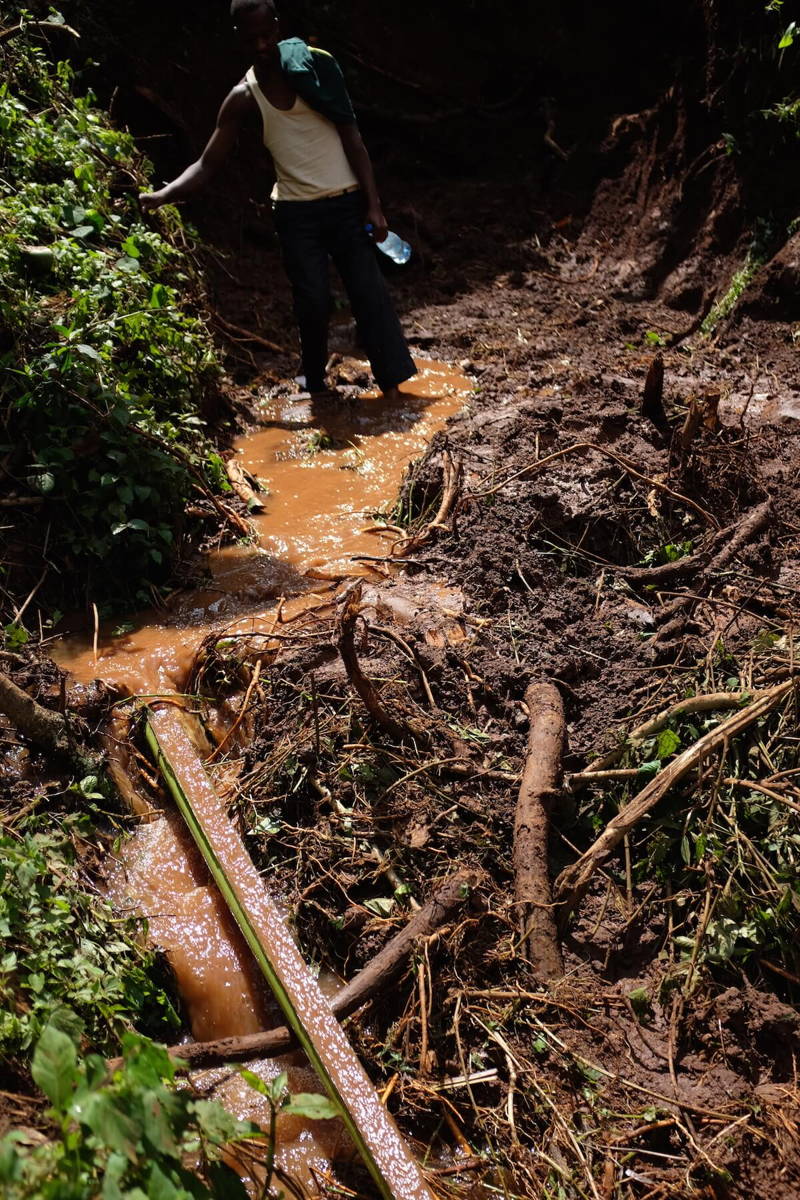
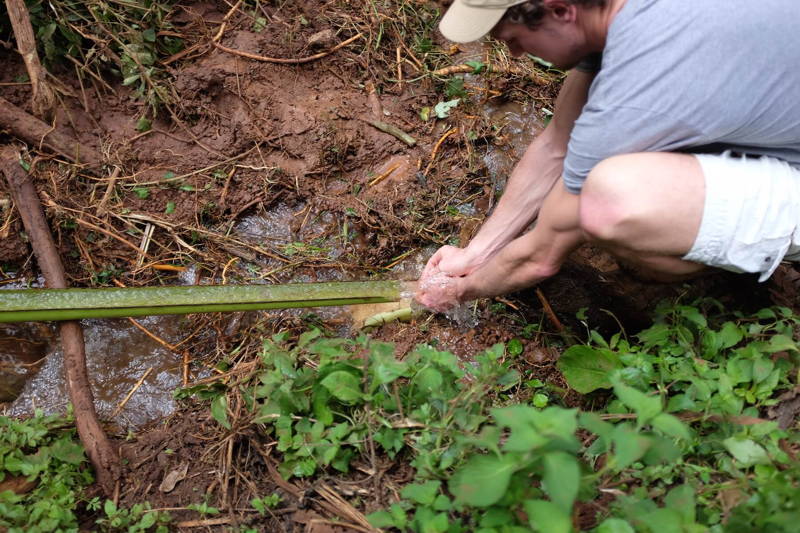
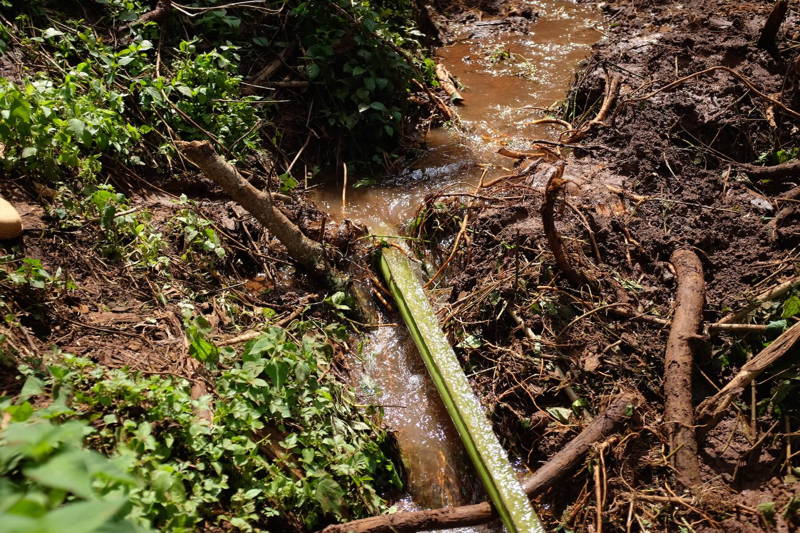
The spring is beautifully situated in a hollow, surrounded by trees and ferns. One has the feeling that this place is still wonderfully original and untouched. The water makes its own way through the mountain.
The water is cold and clear. Actually, I have never seen such clear water in the region. Therefore, it is also very important to protect this spring from external influences. Feces, waste and the use as water for irrigation of the surrounding fields should not negatively affect the spring.
We discuss the course of the project with all stakeholders on site
After consultation with the local population, we will therefore treat the spring and protect it with a fence. This protection is essential for the project, because only in this way our project goal remains realistic. Water points are to be established where the local population can obtain water. In order to supply the surrounding villages, the spring will be led through a meadow valley and forest section to the next water point, which is about 4.5 km away. Here the villagers of the cooperatives Doyo Bikila and Doyo Tolie can get their clean drinking water from about May.
Instead of a water kiosk, we would like to set up many supply points
So we decided against our original plan of a big water kiosk and will build different water points to reach more villagers and provide a more comprehensive supply. This was addressed especially in the meetings with different stakeholders (including school, government, private individuals) and was seen as very positive by all stakeholders. We are very proud of this.
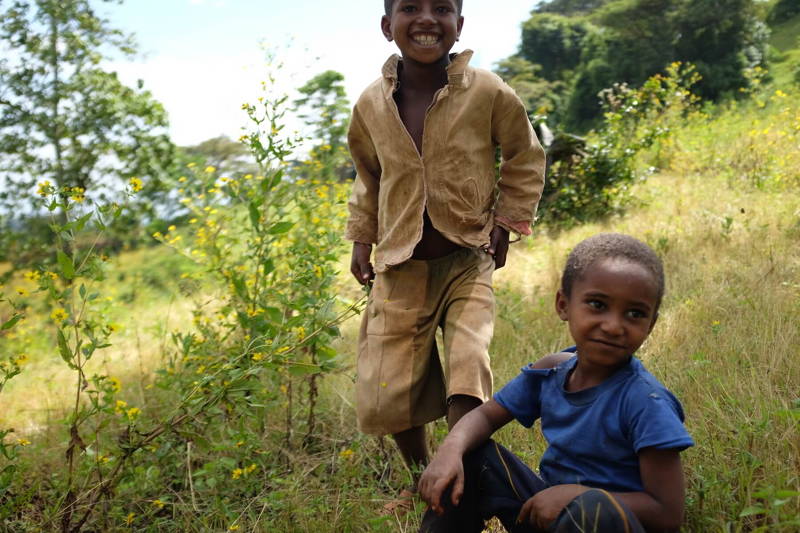
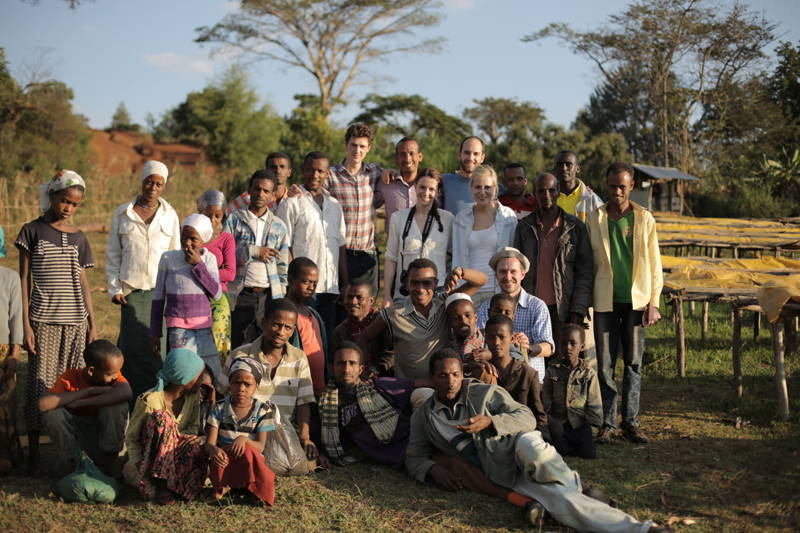
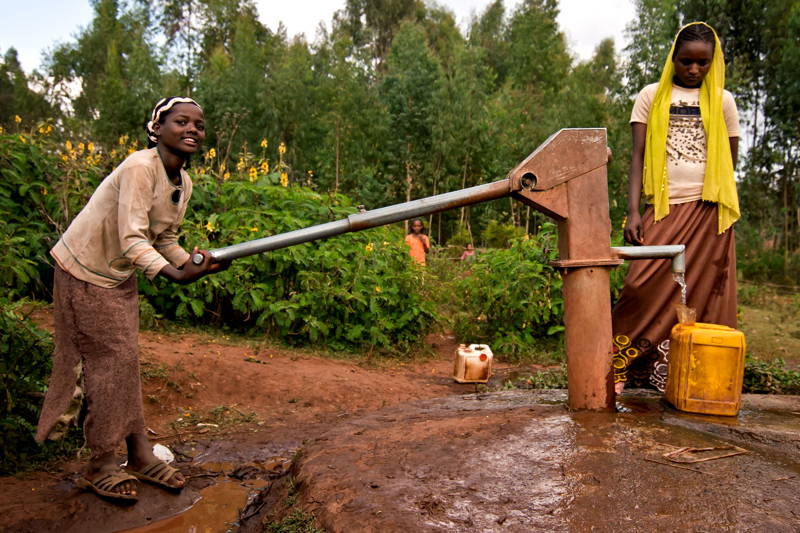
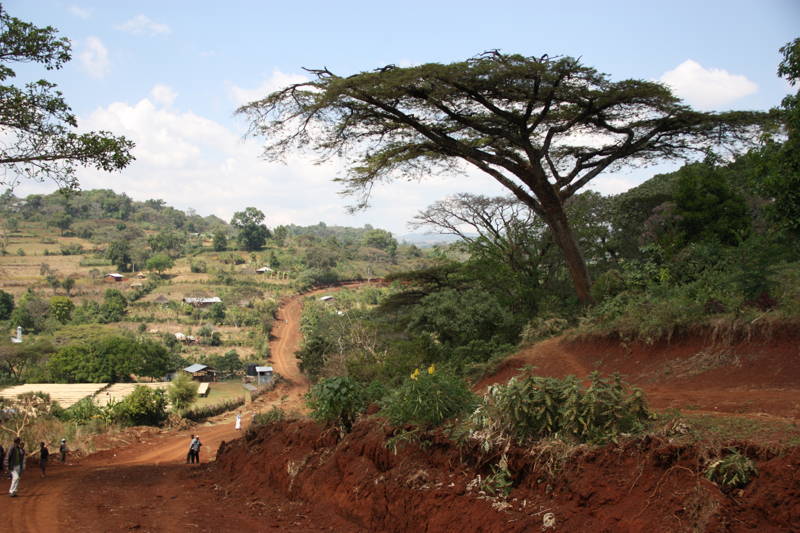
This project needs the cooperation of all stakeholders
First the plan: The connection points from the source to the water points will be enabled by pipes. These pipes will be over 1.5 meters deep in the ground so that they cannot be easily damaged by animals or people. As soon as the first spring is tapped, we will work on the second one, which will allow us to provide clean drinking water to more villages.
In parallel, workshops continue to be held at the schools to familiarize the children with hygiene measures. This is essential for a water project, so that the clean water is not immediately contaminated by dirty hands. We are also holding further talks with the government representatives so that they take more responsibility for the joint water project and support the village population.
Only when it is ensured that the water points can be managed by the selected water administrators from billing to maintenance, we can finally hand over a project without any concerns and focus on other regions and challenges.
We were especially pleased by the great gratitude of the cooperative representatives of the Doyo coffee farmers‘ cooperative, who were very happy about their involvement and development in the village during our visit. We received the same feedback from the local health post, which will already start its work next year.
Introducing: The Jimma WaSH Team
The progress we have made so far in the Limu region would not be possible without a great team that works on it every day and embodies Coffee Circle’s work in the cooperatives.
Therefore, I would like to take this opportunity once again to introduce our Welthungerhilfe project team. The photos show:
